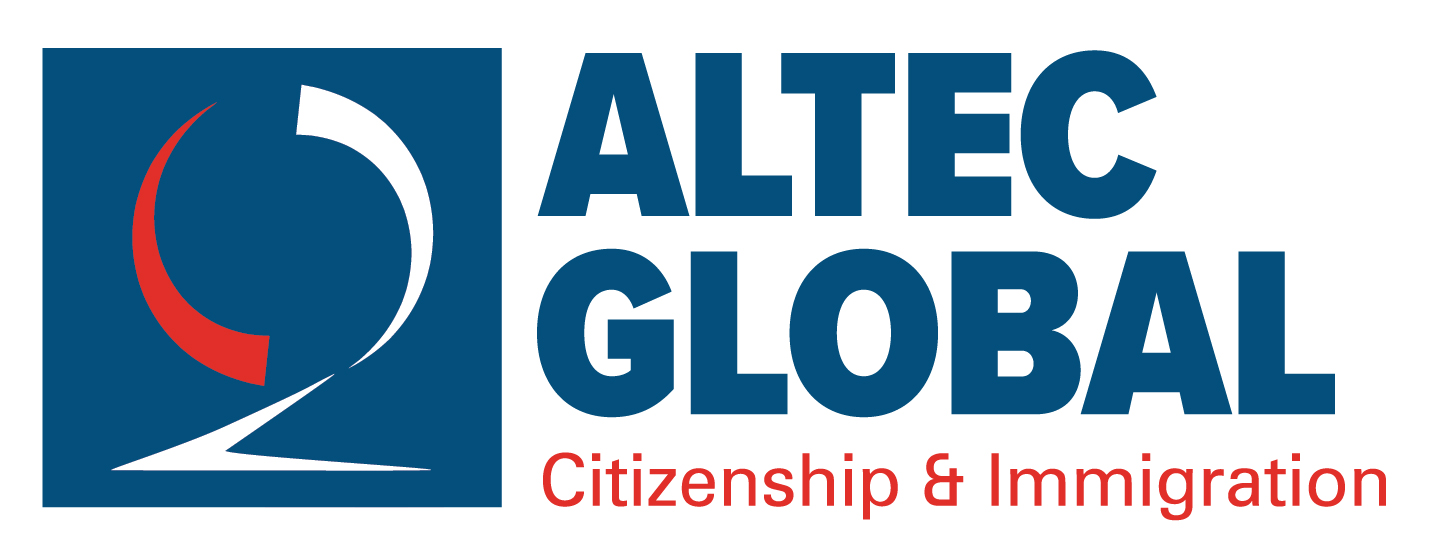Embarking on the journey of Canadian immigration through the Express Entry system is an exciting yet complex endeavor. For applicants, understanding the nuances of the Comprehensive Ranking System (CRS) is crucial. In this guide, we’ll explore the role of work experience in the CRS score, focusing on the significance of National Occupation Classification (NOC) codes, their impact on standard Express Entry draws, and their relevance in the Provincial Nominee Program (PNP).
The Significance of CRS Scores
The CRS score is a pivotal element in the Express Entry system, determining the ranking of candidates applying for various immigration programs. This includes the Canadian Experience Class (CEC), the Federal Skilled Worker Program (FSWP), and the Federal Skilled Trades Program (FSTP). While the NOC code corresponding to a candidate’s work experience doesn’t directly impact their CRS score, it plays a crucial role in other aspects of the immigration process.
Understanding NOC Codes
The National Occupation Classification (NOC) system categorizes jobs in Canada based on their main duties, educational requirements, and other relevant information. Each occupation is assigned a unique five-digit NOC code. These codes are significant for Express Entry candidates as they provide a framework for assessing eligibility and obtaining additional CRS points.
NOC Codes in Standard Express Entry Draws
In standard Express Entry draws NOC codes become instrumental in earning additional CRS points under the “Arranged Employment” category. Candidates with an existing job offer before arriving in Canada can receive either 50 or 200 additional points based on the nature of their employment.
- For jobs falling under Major Group 00 of the NOC 2021 (Senior Management), candidates receive 200 additional points.
- For jobs in other categories under NOC TEER 0, 1, 2, or 3, candidates receive 50 additional CRS points.
These additional points can significantly enhance a candidate’s CRS score, boosting their chances of receiving an Invitation to Apply (ITA) for permanent residence in Canada.
NOC Codes in Category-Based Express Entry Draws
Category-based draws are designed to address specific labor market gaps in Canada. For 2023, the focus is on five occupational categories: healthcare, STEM (science, technology, engineering, and mathematics), transport, trades, and agriculture/agri-food. NOC codes play a crucial role here as well.
Example NOC codes for the chosen categories include:
- Healthcare: Dentists (NOC: 31110), Massage Therapists (NOC: 32201)
- STEM: Architects (NOC: 21200), Engineering Managers (NOC: 20010)
- Transport: Transport Truck Drivers (NOC: 73300)
- Trades: Residential and Commercial Installers and Servicers (NOC: 73200)
- Agriculture/Agri-Food: Butchers – Retail and Wholesale (NOC: 63201)
Candidates with recent work experience in these specific occupations may find themselves eligible for immigration to Canada through category-based draws, in addition to their standard Express Entry eligibility.
NOC Codes and Provincial Nominee Programs (PNP)
The significance of NOC codes extends to Provincial Nominee Programs (PNPs). Each province in Canada, excluding Quebec and Nunavut, operates its own PNP to address local labor market challenges. Different provinces have different labor market needs, and candidates with work experience in specific NOC codes can make themselves more appealing to a particular province.
For instance:
- Ontario: Offers streams for professionals such as Nurse Aides, Transport Truck Drivers, and Construction Trades Helpers/Laborers under the Ontario Employer Job Offer: In-Demand Skills Stream.
- British Columbia: Prioritizes professionals like Nurses, Physicians, and Psychiatric Nurses in its Skills Immigration: Healthcare Professional Category.
- Alberta: Attracts Farm Workers through the Alberta Farm Stream.
Understanding the NOC codes relevant to a province’s needs can significantly enhance a candidate’s chances of being selected through the PNP.
In navigating the complexities of Express Entry, understanding the role of work experience and NOC codes is paramount. While NOC codes may not directly impact your CRS score, they influence your eligibility for additional points, category-based draws, and selection in PNPs. As an immigration candidate, staying informed about NOC codes aligned with your profession can strategically position you for success in the Canadian immigration process.


Recent Comments